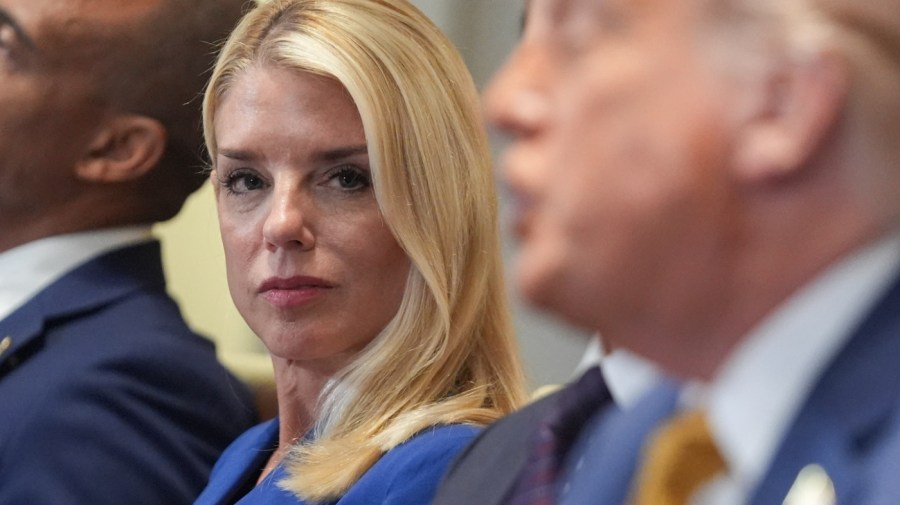Trump Officials Defend Against Epstein Report Findings

Trump Administration officials are on the defensive following a Department of Justice (DOJ) report that concluded convicted child sex offender Jeffrey Epstein did not maintain a “client list” and died by suicide. The findings, released in a comprehensive report, have reignited public interest and skepticism surrounding the circumstances of Epstein’s death and his connections to high-profile figures.
The report, discussed during an open-press Cabinet meeting on Tuesday, has put the Trump Administration under scrutiny as questions about Epstein’s ties to powerful individuals continue to surface. The DOJ’s findings are seen by some as a closure to one of the most controversial chapters in recent U.S. history, while others remain unconvinced.
Background and Implications of the DOJ Report
The DOJ’s investigation into Epstein’s death and his alleged connections to influential figures was prompted by widespread public speculation and conspiracy theories. Epstein, a financier with connections to numerous elites, was arrested in July 2019 on federal charges of sex trafficking minors in Florida and New York.
His subsequent death in August 2019 in a Manhattan jail was ruled a suicide by hanging, but the lack of a comprehensive “client list” has fueled ongoing theories about potential cover-ups. The DOJ report aimed to address these concerns by detailing the investigation’s findings.
“The report provides clarity on the circumstances of Epstein’s death and the extent of his criminal network,” said a DOJ spokesperson. “We found no evidence of a ‘client list’ as previously speculated.”
Reactions and Political Ramifications
The release of the DOJ report has prompted a range of reactions from political figures and the public. Some members of the GOP have expressed skepticism, questioning the thoroughness of the investigation and the timing of the report’s release. Meanwhile, Democrats have called for further transparency and accountability.
Elon Musk, who has recently been involved in political discussions with his third-party initiatives, has also drawn attention. His efforts to establish a new political party have been met with skepticism from the GOP, who view it as a potential threat to their voter base.
“Musk’s political ambitions could disrupt the traditional two-party system, but it’s unclear how this will play out,” commented a political analyst.
Historical Parallels and Expert Opinions
The Epstein case is reminiscent of other high-profile investigations where public interest and conspiracy theories have overshadowed official findings. Experts compare it to the investigations into the assassination of President John F. Kennedy, where numerous theories persisted despite official conclusions.
According to legal experts, the DOJ’s findings are crucial in dispelling myths and providing a factual basis for understanding Epstein’s criminal activities. However, they acknowledge that public trust in such investigations remains fragile.
“Transparency and thoroughness are key to restoring public confidence,” said a legal expert. “The Epstein case highlights the challenges faced by the justice system in dealing with high-profile cases.”
Looking Ahead: Next Steps and Consequences
The DOJ report’s release marks a significant step in addressing the Epstein controversy, but it is unlikely to quell all doubts. The Trump Administration’s handling of the situation will continue to be scrutinized as new developments emerge.
As political dynamics shift with upcoming elections, the implications of the Epstein case and Musk’s political maneuvers will be closely watched. The potential impact on voter behavior and party strategies remains a topic of interest for political analysts and strategists alike.
In conclusion, while the DOJ report provides some answers regarding Jeffrey Epstein’s death and criminal network, it also raises new questions about the intersection of justice, politics, and public perception in high-stakes cases.






